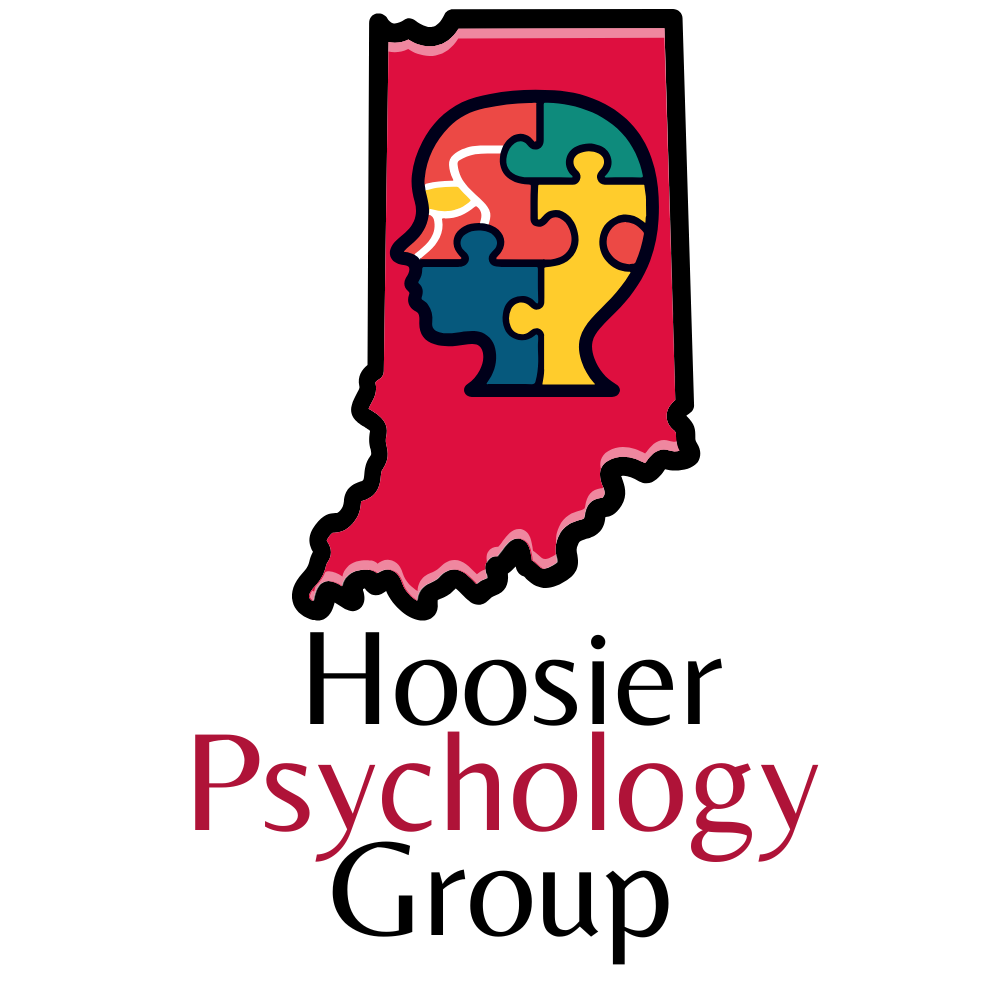
What we offer you
Free 15-Minute Consultation
We understand that finding the right therapist is an important step in your mental health journey. That’s why we offer a free 15-minute phone consultation to help determine if we’re the right fit for your needs.
What to Expect During the Call:
A Brief Introduction: We’ll introduce ourselves, share a bit about our practice, and explain our therapeutic approach.
Understanding Your Needs: You’ll have the opportunity to share what you’re looking for in therapy, any challenges you’re facing, and your goals for treatment.
Discussing Our Approach: Based on what you share, we’ll explain how we might work together using evidence-based therapies like CBT, ACT, or ERP to address your concerns.
Answering Your Questions: We’ll address any questions you may have about the therapy process, session structure, fees, or anything else on your mind.
Determining the Next Steps: If we’re a good fit, we’ll discuss scheduling an initial intake. If another provider may be a better match, we can offer referrals to help you find the right support.
This consultation is a no-pressure, confidential conversation designed to help you make an informed decision about starting therapy.
Ready to get started?
90-Minute Tele-Intake
The 90-minute tele-intake assessment is the first step in your therapy journey. This comprehensive session allows us to gain a deep understanding of your history, current challenges, and goals for treatment to create a personalized and effective therapy plan.
What to Expect During the Intake Assessment:
Getting to Know You: We’ll begin by discussing what brings you to therapy, any symptoms or concerns you’ve been experiencing, and what you hope to gain from treatment.
Comprehensive Personal & Clinical History: We’ll explore your background, including mental health history, medical history, relationships, work, and significant life experiences.
Use of Psychological Measures (If Applicable): Depending on your needs, we may use standardized psychological assessments to gain additional insight into your symptoms and functioning.
Exploring Strengths & Challenges: We’ll identify areas where you’re struggling as well as personal strengths and coping strategies to support your progress.
Clarifying Your Goals: Together, we’ll define what success in therapy looks like for you and discuss evidence-based approaches (CBT, ACT, ERP, etc.) that may be most effective for your situation.
Discussing Therapy Structure & Next Steps: We’ll outline what therapy with us will look like, including session frequency, techniques used, and any logistical details like scheduling and payment.
This session is designed to help us fully understand your needs and ensure that therapy is tailored to you. If we determine that another provider or specialized treatment might be more beneficial, we will discuss appropriate referrals.
Tele-Psychotherapy
45-50 minute tele-psychotherapy sessions provide a supportive and structured space to help you work toward meaningful change using evidence-based approaches tailored to your unique needs. Whether you are managing anxiety, OCD, depression, life transitions, chronic emotion dysregulation, or long-standing relationship difficulties, our goal is to help you build coping skills, gain insight, and create a life aligned with your values. We offer a Good Faith Estimate (GFE) for all services provided. See below for more information on the GFE.
What to Expect in Therapy:
A Collaborative Approach: Therapy is a partnership where we work together to explore your thoughts, emotions, and behaviors in a way that promotes growth and well-being.
Evidence-Based Techniques: We use research-supported treatments such as Cognitive Behavioral Therapy (CBT), Acceptance and Commitment Therapy (ACT), Exposure and Response Prevention (ERP), and mindfulness-based strategies to help you develop lasting skills.
Tailored to Your Goals: Each session is designed around your specific needs, whether that means managing distress, improving relationships, breaking free from unhelpful patterns, or building resilience.
A Safe and Nonjudgmental Space: Therapy provides a confidential environment where you can openly explore challenges, gain self-awareness, and develop healthier ways of thinking and responding.
Ongoing Evaluation & Progress Monitoring: We regularly assess how therapy is working for you and adjust our approach to ensure it remains effective and aligned with your goals.
Anxiety Disorders (e.g., SAD, GAD)
Phobias
Depression
Trauma
OCD
Personality Disorders (e.g., BPD, NPD)
Interpersonal Difficulties
Chronic Emotion Dysregulation
Grief/Loss
Adjustment Issues/Life Transitions (e.g., birth of a child, divorce, separation)
Men’s Issues
Conditions and concerns we work with:
Cognitive Behavioral Therapy
Motivational Interviewing
Interpersonal Psychotherapy
Psychodynamic/Psychoanalytic Psychotherapy
Dialectical Behavior Therapy Informed
Exposure & Response Prevention
Acceptance & Commitment Therapy
Therapeutic modalities* we specialize in:
* If you’re interested in learning about different psychotherapies, check out this website to start.
What is a Good Faith Estimate?
A Good Faith Estimate (GFE) is a document that provides an estimated cost of psychotherapy services for clients who are uninsured or paying out-of-pocket. This requirement is part of the No Surprises Act, which aims to promote price transparency and protect consumers from unexpected medical bills. The estimate allows clients to anticipate their costs for mental health care and make informed decisions about their treatment.
Who Receives a Good Faith Estimate?
Therapists are required to provide a GFE to any client who either does not have insurance or chooses not to use their insurance for services. The estimate must be given before services begin and must also be made available upon request. This ensures that clients have a clear understanding of potential costs before committing to treatment.
What Information is Included in a GFE?
A GFE should outline the expected cost of services, including session fees for intake assessments, individual therapy, group therapy, or any other planned treatment. It should also specify that actual costs may vary depending on the client’s treatment needs. Additionally, the estimate must include a disclaimer explaining the right to dispute a bill if the final charges exceed the estimate by more than $400.
When Should a GFE Be Provided?
Therapists must provide a GFE at least one business day before the first scheduled session if the appointment is booked at least three days in advance. If a client requests an estimate, it must be given within three business days. Additionally, the estimate should be updated annually or whenever there is a significant change in the expected cost of treatment.
How Can a Client Dispute a Bill That Exceeds the Estimate?
If a client receives a bill that is $400 or more above the GFE, they have the right to dispute the charges. This process is managed through the U.S. Department of Health & Human Services (HHS). Clients who wish to challenge an unexpectedly high bill can file a dispute online through the HHS website. More information about the dispute process can be found at CMS No Surprises Act Info and HHS Patient Dispute Process.



